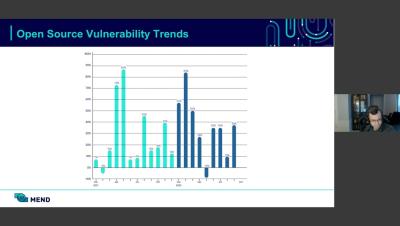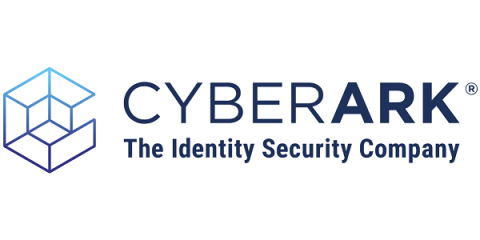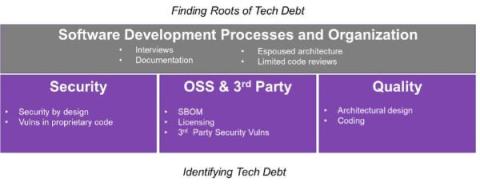Priorities from the OpenSSF Secure Open Source Software Summit 2023
Snyk has been a long-time active participant in and sponsor of the Open Source Security Foundation (OpenSSF). We’re there because we believe in supporting its mission of securing the open source ecosystem. A recent summit meeting convened by the OpenSSF with the White House brought together various US Government departments for a chat about open source security.











